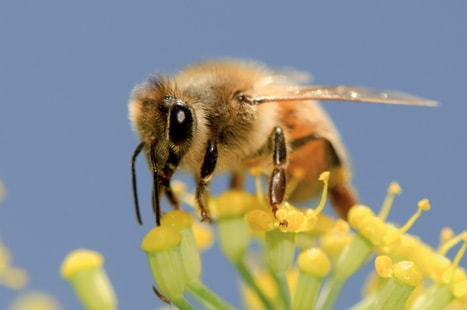Layered Manuka honey helps battle bacteria
Nanoscale amounts of Manuka honey layered between surgical mesh acts as a natural antibiotic that could prevent infection following operations, researchers claim.


Meshes promote soft tissue healing inside the body following surgery but they carry an increased risk of infection as the bacteria can get a hold inside the body by forming a biofilm on the surface of the mesh.
Skin and soft tissue infections are the most common bacterial infections, accounting for around 10 per cent of hospital admissions, and a significant proportion of these are secondary infections following surgery.
Currently, any infection is treated with antibiotics, but the emergence of antibiotic-resistant strains - or ‘superbugs’ - means scientists are looking for alternatives.
Engineering a superbug fightback
Sandwiching eight nano-layers of Manuka honey (with a negative charge) between eight layers of a polymer (with a positive charge), the scientists and engineers led by Dr Piergiorgio Gentile at Newcastle University, and Dr Elena Mancuso, at Ulster University, showed it is possible to create an electrostatic nanocoating on the mesh which in the lab inhibits bacteria for up to three weeks as the honey is slowly released.
Register now to continue reading
Thanks for visiting The Engineer. You’ve now reached your monthly limit of news stories. Register for free to unlock unlimited access to all of our news coverage, as well as premium content including opinion, in-depth features and special reports.
Benefits of registering
-
In-depth insights and coverage of key emerging trends
-
Unrestricted access to special reports throughout the year
-
Daily technology news delivered straight to your inbox










UK Enters ‘Golden Age of Nuclear’
The delay (nearly 8 years) in getting approval for the Rolls-Royce SMR is most worrying. Signifies a torpid and expensive system that is quite onerous...